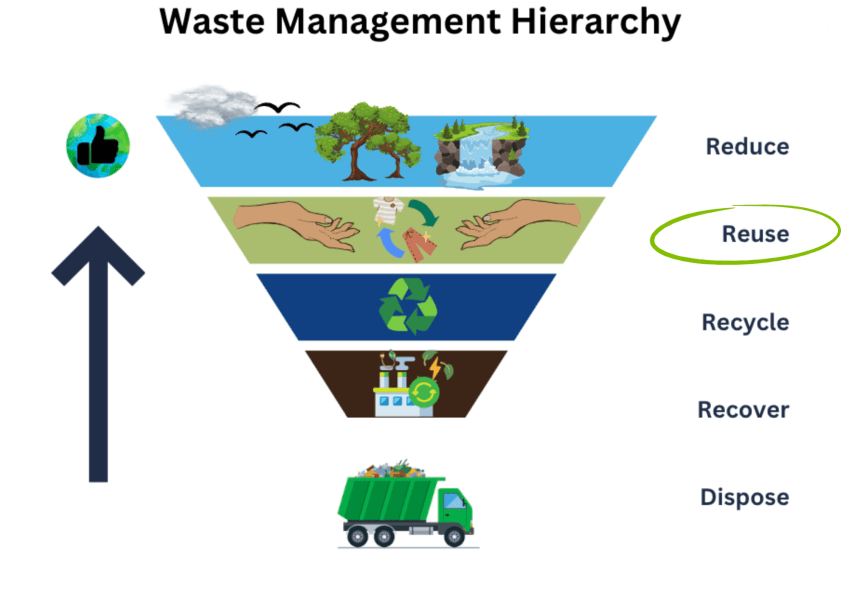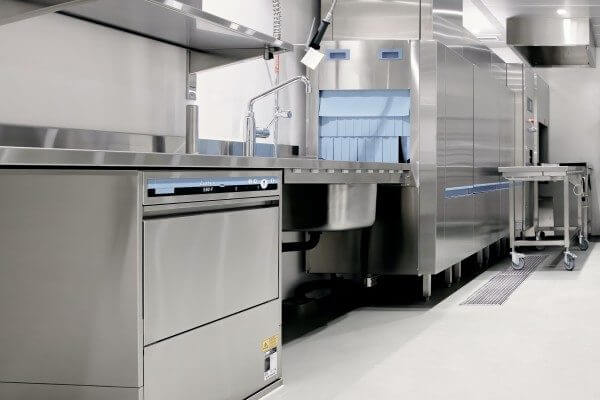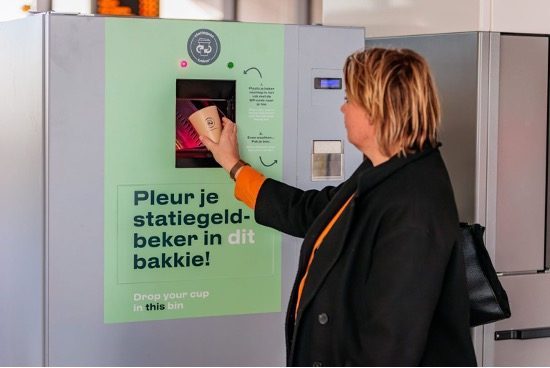In France, the City of Paris is mobilized to facilitate the adoption of reusable containers for food service businesses. Among the tools available to restaurants on their website are a toolkit, showcasing different container options and reuse models to implement, as well as a reuse calculator, to tailor the most cost-effective system for each restaurant. Building on their current district-level reuse programs, the City is also incentivizing the adoption of reuse practices by funding three-month free trials for restaurants.
Did you know? To democratize reuse, the City of Paris is partnering with French packaging extended producer organization Citéo to develop a city-wide reuse program. This initiative will engage small businesses and restaurant chains, encompassing both on-site dining and takeaway food services. In France, packaging EPR organizations must dedicate 10% of their annual contributions to funding reuse.
|

Photo Credit: City of Paris
|








